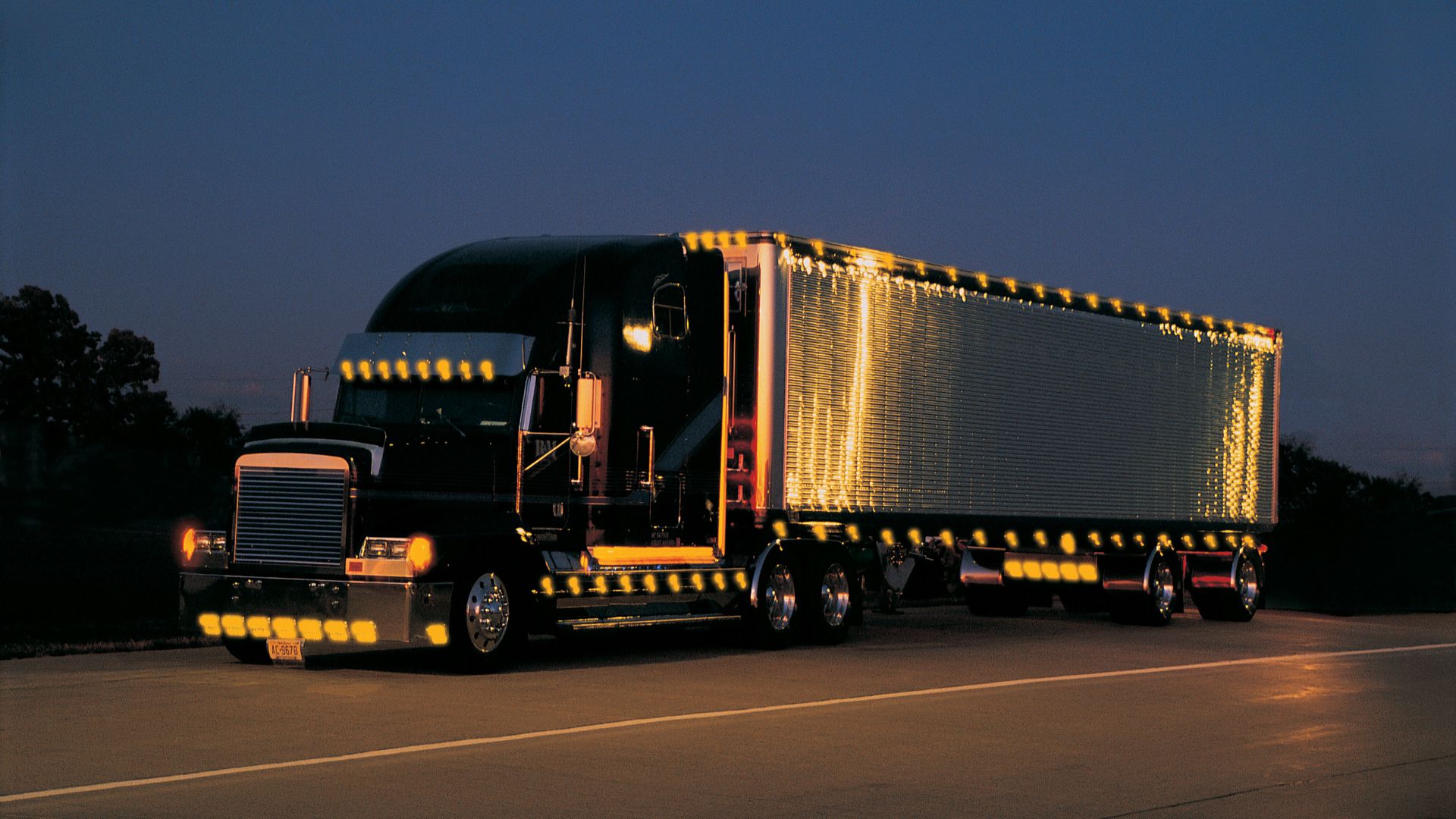Will Electric Fleets Change the Transportation Industry for Good?

There has been a lot of buzz about electric vehicles for the past decade. As more companies and consumers invest in sustainable practices, it makes sense why the trucking industry would have any sort of demand for electric trucks and fleets.
But can electric fleets really be the future of the trucking industry, which has historically been very slow to adopt new technology? What are the roadblocks to a greener future in transportation, and what would the actual benefits be of adopting electric vehicles in this industry?
Will Electric Fleets Change the Transportation Industry for the Better?
Businesses will often pursue sustainability strategies to appeal to the needs of eco-friendly customers, as well as to cut down on costs. The goal is usually to reduce one’s carbon footprint, and successful initiatives usually result in long-term savings for businesses.
When it comes to the trucking industry, the first place every company should target when building a sustainability plan should be through packing trucks with more product, using better practices to determine shorter routes, and creating a better communication system via the implementation of a TMS platform. TMS platforms have a fantastic return on investment that is largely beneficial to carriers because they optimize the entire process of transportation.
For businesses that really want to pursue sustainability goals, a TMS is only the first stop. From there, one must start considering the mass purchase of electronic, compressed gas, or hydrogen-powered trucks.
Understanding Electric Fleets
There are pros and cons to electric fleets. To start, electric trucks have quite a limited range. Still, they are an excellent choice for last-mile deliveries that can significantly reduce the amount of environmental damage that a traditional vehicle would produce.
Pursuing clean energy goals isn’t as simple as investing in electric fleets. Rather, there is a ton of planning that needs to go into the implementation of such vehicles. Cost savings are not always guaranteed, as electric vehicles are much more expensive initially.
The potential for cost savings is there, but this wildly depends on the cost of the fleets and how capable carriers are to support dozens if not hundreds of chargers on their point A and point B sites. There is a solution to this, though. Solar generation could easily support the need for these chargers. However, few carriers may be interested in the hefty initial costs of converting both their fleets and their warehouses.
When it comes down to it, planning is key. Before a carrier starts diving into vendors of electric trucks, key leaders will need to completely plan the total infrastructure of the truck conversion, down to the installation of chargers at carrier stations and initial costs.
To put it simply: The benefits to electric fleets is long-term savings and a fuel-free, more eco-friendly industry. The downsides include high initial costs that go beyond just purchasing electric fleets and the need for extensive planning.
How Electric Fleets Could Save the Transportation Industry
Heavy-duty diesel trucks are massive polluters, and with that pollution comes massive diesel costs to run those fleets. Unfortunately, the initial cost of electric trucks might seem to outweigh the everyday costs to run diesel fleets. This is going to change, however.
New research has found significant improvements in electric battery costs and the technology behind no-emission freight trucks. In fact, the cost of ownership for an electric truck could be as much as 50% cheaper than a diesel truck by 2030. Improvements in battery technology and dropping costs are making this a reality. Just as well, a wider network of charging stations across the U.S. is also making an impact. Sustainable transportation is far past being a lofty dream but now could become a cost-saving reality for carriers.
The research comes from the Lawrence Berkeley National Lab at the University of California Los Angeles, as well as the University of California Berkeley. According to the study, the need for heavy-duty truck electrification could fully capitalize on the quickly dropping battery prices we’re currently experiencing.
“One major recent development is the decline in battery prices,” the study reads, “By 2020, lithium-ion battery costs had declined to roughly $136/kWh, an 85% decline relative to prices in 2010 and are projected to reach a price of $55 per kWh in 2030. Data from China, which has the most amount of heavy-duty electric vehicles (primarily buses) shows that battery prices for buses and other heavy duty vehicles are somewhat lower than the average battery prices for light-duty EVs in China and globally. While some of this difference in the average price of battery pack price for HDVs in China and rest of the world is attributable to use of different types of battery chemistries2 the production of heavy-duty EVs in China is much greater than any other country in the world. Therefore, with economies of scale the price of battery packs for HDVs is likely to come close price of battery packs for passenger EVs as is the case in China, as pointed out by others as well.”
This is massive news for the trucking industry. While there are still roadblocks (such as how much power heavy-duty truck batteries can store), the future of electric truck adoption is very optimistic in the transportation world.
Without the need for constant refueling of fleets, carriers can benefit from faster delivery times, no more diesel refueling costs, and more efficient fleets. Just as well, major electric vehicle retailers like Tesla and Kenworth are launching electric heavy-duty trucks, meaning that U.S. carriers will have better access to affordable electric trucks in the coming years. The economic and sustainability benefits are endless.
Read our TMS Buyer's Guide
Navigate the TMS software landscape with our comprehensive buyer's guide - find the perfect platform for your trucking business today.

Latest From the Blog
Our Insights on Tech, Industry Trends, and News.

How Does Logistics Management Software Improve the Supply Chain?

Benefits of Integrating Enterprise Resource Planning (ERP) and Transportation Management Software (TMS)

